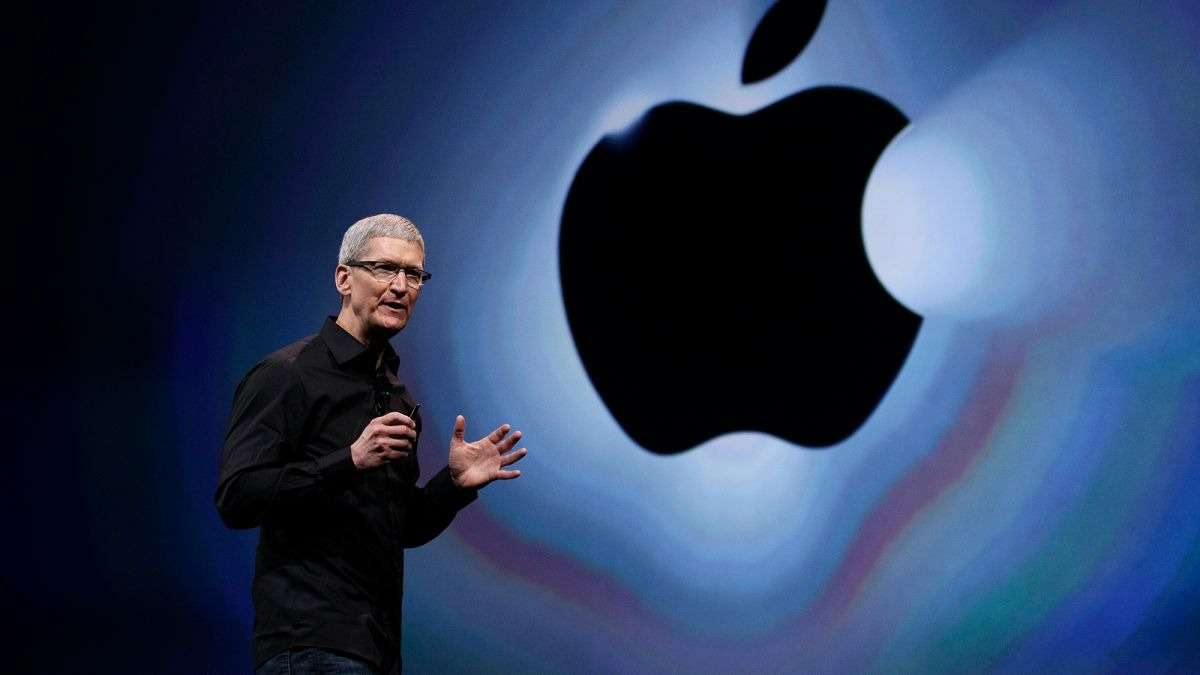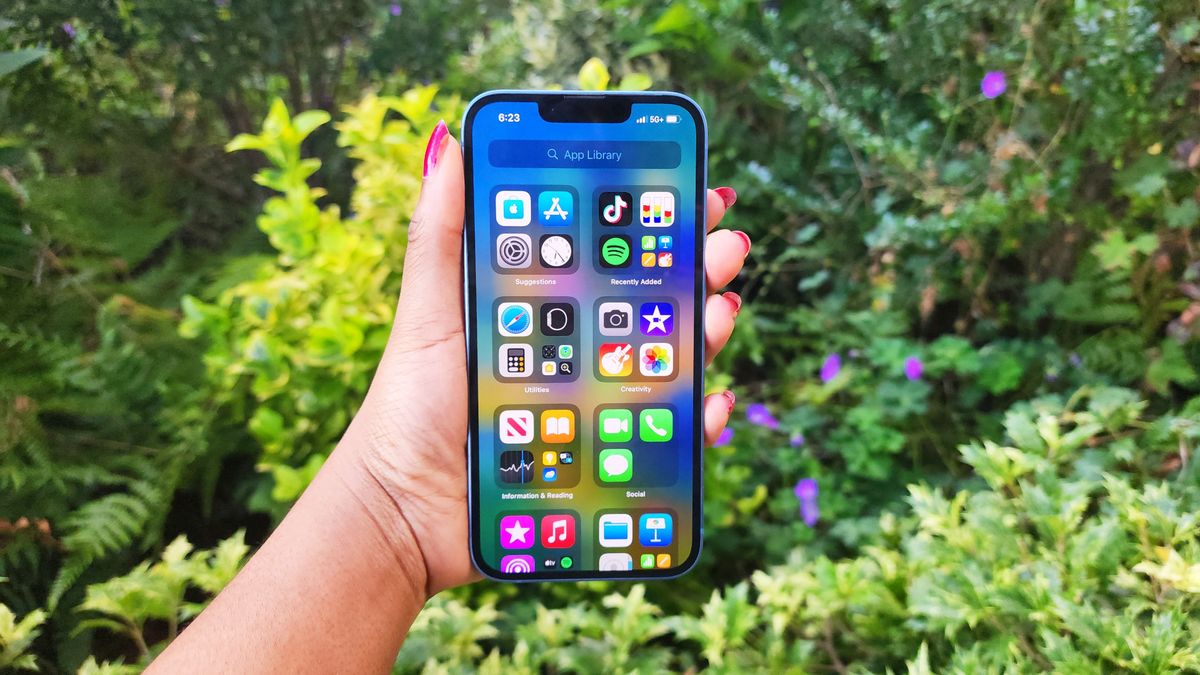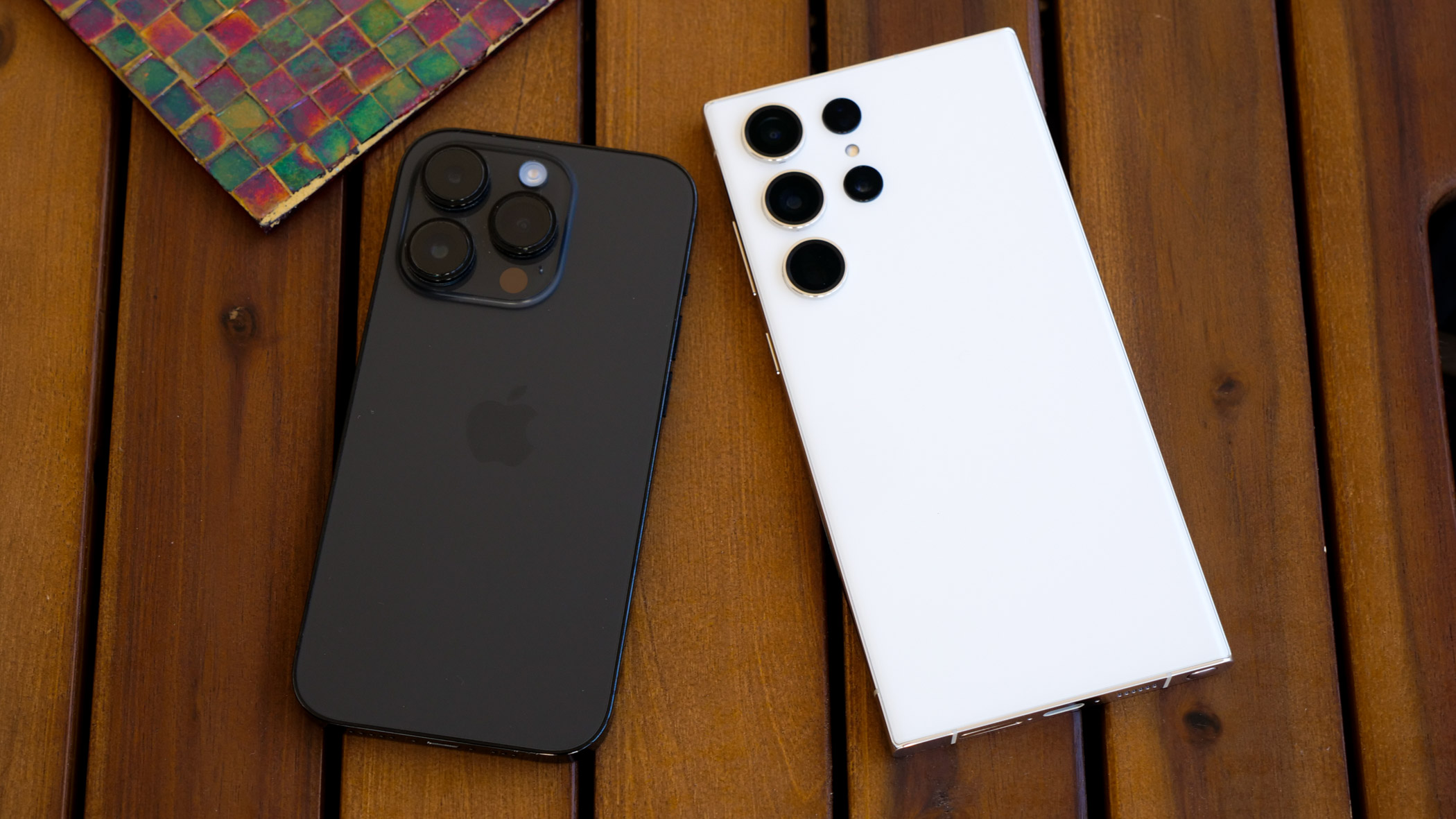The US is suing Apple for iPhone monopoly – Here's what you need to know
What could an antitrust lawsuit against Apple mean for iPhone and Android users?

Sign up to receive The Snapshot, a free special dispatch from Laptop Mag, in your inbox.
You are now subscribed
Your newsletter sign-up was successful
The U.S. Department of Justice launched an antitrust lawsuit against Apple on March 21, 2024, claiming that Apple is operating an illegal iPhone monopoly over the smartphone market. The lawsuit is also backed by 16 state and district attorneys general across the country, including New Jersey, New York, and California.
What exactly is Apple being accused of? How will it affect consumers? Here's a look at the lawsuit's claims and what it might mean.
We'll be updating these details as more information is released, so make sure to stay tuned.
US DOJ accuses Apple of having a smartphone monopoly

The Department of Justice, along with over a dozen state and district attorneys general, filed an antitrust lawsuit in the federal court of New Jersey on Thursday, accusing Apple of operating an illegal iPhone monopoly in the smartphone market. The lawsuit claims Apple locks users and developers into its platform by making it harder and more expensive to leave. According to the lawsuit, these practices have hurt both consumers and Apple's competitors.
For example, the lawsuit highlights Apple's competition with Amazon's Kindle platform. Apple users can't make purchases on the iOS Kindle app because Apple forces developers to use their payment system. The lawsuit comments on the issue by stating, "Over many years, Apple has repeatedly responded to competitive threats like this one by making it harder or more expensive for its users and developers to leave than by making it more attractive for them to stay."
The lawsuit goes on to claim that Apple has been using restrictive practices to hurt competitors without offering lower prices or a better experience for consumers.
It's not just the smartphone market that's at risk from these practices, either. The lawsuit states, "Apple’s anti-competitive conduct not only limits competition in the smartphone market, but also reverberates through the industries that are affected by these restrictions, including financial services, fitness, gaming, social media, news media, entertainment, and more."
Sign up to receive The Snapshot, a free special dispatch from Laptop Mag, in your inbox.
The lawsuit concludes in its outline of Apple's alleged violations: "Apple has willfully monopolized the performance smartphone market in the United States through an exclusionary course of conduct and the anti-competitive acts described herein. Each of Apple’s actions individually and collectively increased, maintained, or protected its performance smartphone monopoly."
What does the Apple lawsuit mean for consumers?

Unfortunately, an iPhone monopoly lawsuit isn't much of a surprise to many of us. It's no secret that Apple has long incentivized users to get on iPhone and stay on iPhone. It has even become a social stigma among young people to have anything but an iPhone. A 2023 survey found that 87% of teenagers have an iPhone today.
This lawsuit also comes in the wake of the European Commission's Digital Markets Act (DMA), which identified Apple as a "gatekeeper" in September 2023. That means Apple is operating "core platform services", like the App Store which controls a large part of the market. The EU's DMA regulations are aimed at ensuring these services and the companies that operate them aren't using their power in the market to restrict consumers' choices.
So, there's a clear pattern here. If the US Department of Justice wins its lawsuit against Apple, it could mean groundbreaking changes for the Apple ecosystem. For example, one of the first changes could be finally opening the doors on iMessage to allow users on any platform to download it on their phone. iMessage is one of the most notorious reasons people stay in the Apple ecosystem, so it will likely be one of the first things to change.
Other changes could hit the App Store and Apple's policies for app developers. For instance, iPhone users will likely have more freedom to download third-party app stores if they want to.
However, if you're an iPhone user and you're worried this lawsuit could hurt your user experience, you likely don't need to be worried. The lawsuit is intended to improve the user experience by addressing the many roadblocks Apple is using to keep users and developers on its platform. So, at the end of it, you will most likely end up with more freedom to choose what apps and services you want to use on your iPhone.
Plus, iMessage will likely begin working better with non-Apple phones. Android users definitely have the most to gain here, but it's a safe bet that the lawsuit won't result in a worse experience on either platform.
We will continue providing updates as we get more information on this case, so make sure to stay tuned for further details.

Stevie Bonifield is a freelance tech journalist who has written for PC Gamer, Tom's Guide, and Laptop Mag on everything from gaming to smartwatches. Outside of writing, Stevie loves indie games, TTRPGs, and building way too many custom keyboards.
